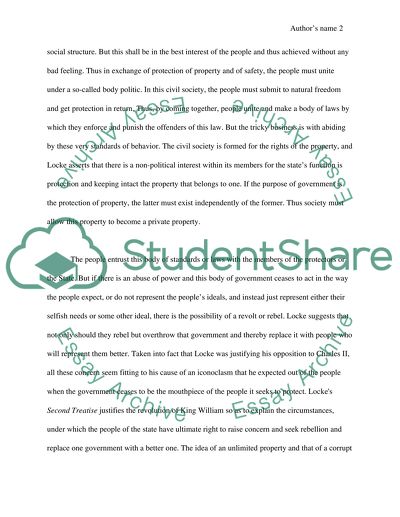Cite this document
(“Ideal Society in the Eyes of Locke and Swift Essay”, n.d.)
Ideal Society in the Eyes of Locke and Swift Essay. Retrieved from https://studentshare.org/miscellaneous/1529910-ideal-society-in-the-eyes-of-locke-and-swift
Ideal Society in the Eyes of Locke and Swift Essay. Retrieved from https://studentshare.org/miscellaneous/1529910-ideal-society-in-the-eyes-of-locke-and-swift
(Ideal Society in the Eyes of Locke and Swift Essay)
Ideal Society in the Eyes of Locke and Swift Essay. https://studentshare.org/miscellaneous/1529910-ideal-society-in-the-eyes-of-locke-and-swift.
Ideal Society in the Eyes of Locke and Swift Essay. https://studentshare.org/miscellaneous/1529910-ideal-society-in-the-eyes-of-locke-and-swift.
“Ideal Society in the Eyes of Locke and Swift Essay”, n.d. https://studentshare.org/miscellaneous/1529910-ideal-society-in-the-eyes-of-locke-and-swift.


